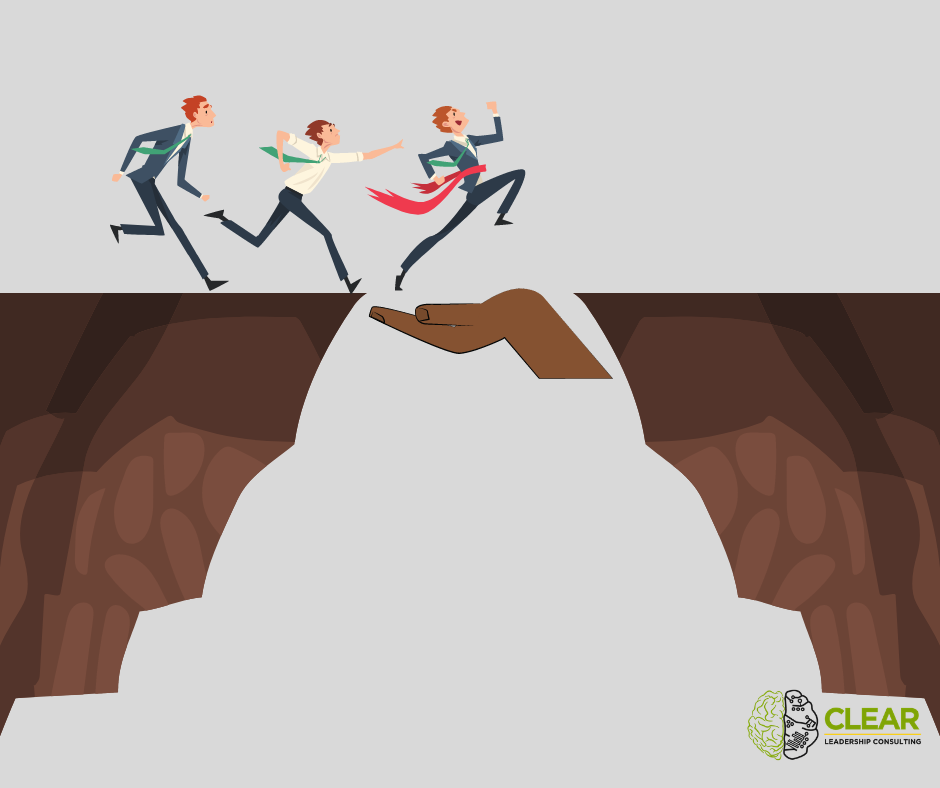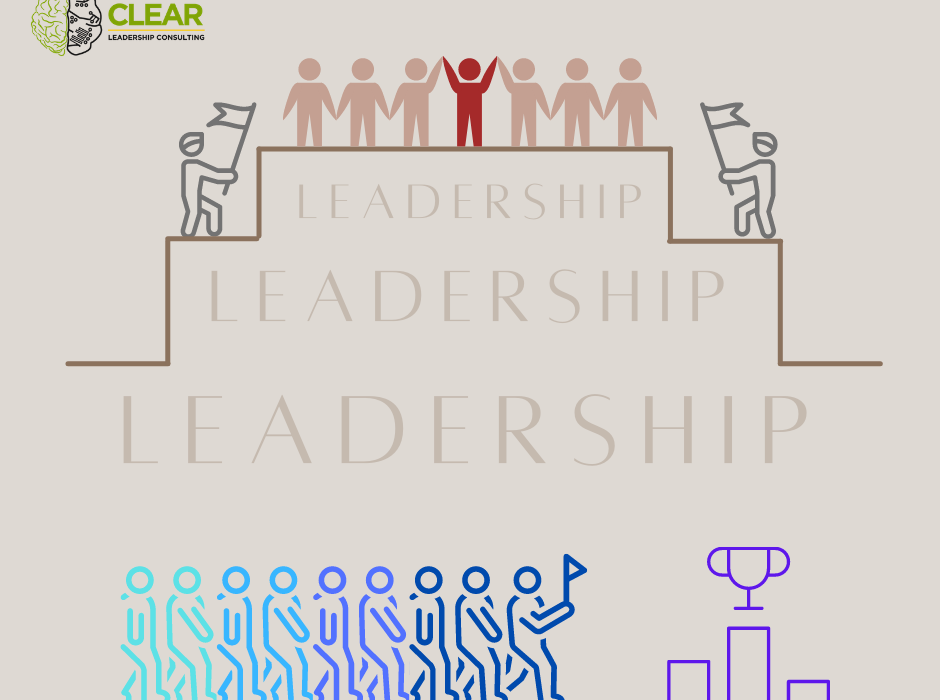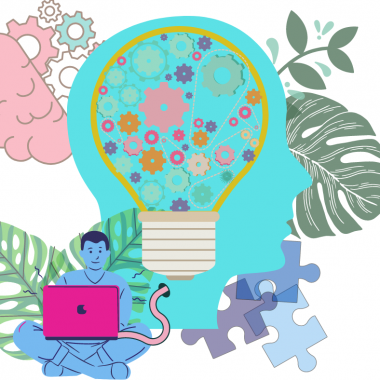Prepared by: Maria Liz V. Fresnido | July 16, 2020
“Keep your eyes on the stars, and your feet on the ground.”
-Theodore Roosevelt
Being a leader doesn’t necessarily mean you get to order and boss people around all day. A leadership role is much more complicated than that¬–at least, that is if you want to be a great one. There are different elements in assuming a role of a great leader. There is a reason why having leadership qualities distinguishes you from any other ordinary person. A leader is an initiator, a bridge, a visionary, and a guide for people to do the things they need to do in order to attain a goal. At the same time, a leader is down to earth in order to serve the people he chooses to lead.
A great leader listens to his people and pays heed to what is happening around him/her. In social situations, one must have high emotional & social intelligence or good interpersonal skills that allows one to be an active listener, an efficient communicator, and an empath. One should not be easily shaken when it comes to facing different social situations and one must be able to manage himself/herself well in these same situations. In addition, one must be able to handle different types of people as well.
With that in mind, one must be able to control their own emotions. Great leaders who are empathetic are seen as highly charismatic, therefore, people will gravitate to your guidance and approval. When a leader forms a connection with the whole team, he/she will build strong relationships and will ultimately positively impact productivity. These will create good communication and teamwork among the team.

One’s integrity and self-discipline all boils down to one’s moral virtues and values. Leaders who have integrity are the ones who always do the right thing. This means one is honest, humble, and good-natured. This means sticking to a company’s belief and set of values no matter what, being able to admit one’s mistakes, being professional in every aspect of your work, and prioritizing not only money-making but also the wellbeing of one’s employees, clients, and/or customers. Having integrity walks side by side with being self-disciplined because you are constantly aware how your decisions affect others. Self-discipline fuels self-improvement and initiative, which is always needed in every situation and task.
Being able to manage conflict works alongside having interpersonal and emotional skills. When one is able to decipher tension in a room, be open-minded, and be a good listener, then one will be able to diffuse any conflict in the workspace. Being a good mediator and being strictly fair will encourage a team to work peacefully together. Problem solving is also needed by the leader which also focuses on one’s creative and innovative skills in order to solve problems. It helps to draw solutions on past experiences and rely on critical thinking in order to overcome an obstacle. One must also be humble enough to seek advice, consider suggestions, and learn from past mistakes in order to solve different types of problems, overcome obstacles and get a job done.
Being a great leader is a great challenge. Being open and willing to make the necessary changes in oneself, one’s lifestyle and one’s behaviors to achieve set goals and objectives will set you up to win and become the leader that you are deep within. So come forth and let your light shine!







